“Well, Duh”: How Common Sense Kills Curiosity
A few days ago, I was trapped in an elevator with two sisters—one about eight years old, the other five and still blissfully unaware of how the world is supposed to work.
The younger one looked like she’d been released from a very colorful, very opinionated cloud. She immediately turned to face me—not the doors, but me, which is a clear violation of the unwritten but universally agreed-upon rules of elevator conduct.
No eye contact. No turning. No joy.
She smiled. Wiggled. Examined the emergency button with the reverence most children reserve for birthday cakes and bubble wrap.
“Do these buttons make it fly?” she asked.
I loved her.
Before I could respond—because yes, of course, they should—her older sister sighed in a way that suggested this was not her first time explaining reality to the mentally deficient.
“Duh,” she said, without turning. “It just goes up and down.”
Then, just in case I was considering contributing to this madness, she added, “Everyone knows that.”
And that, friends, is how it begins.
The death of curiosity doesn’t arrive as a dramatic event. There’s no funeral. No last rites. It begins in elevators, at kitchen tables, in car rides home from school. It begins with “duh” and “obviously” and “that’s just the way it is.”
Children are born scientists. They test everything—gravity, taste, your patience. They ask questions that make adults deeply uncomfortable: “Do cats have dreams?” “Why does Grandma have a mustache?” “What happens if I lick this?”
At five, the world is a mystery you’re still allowed to poke. At eight, apparently, you’re already expected to know better. To understand that buttons do not make elevators fly. That facing strangers in confined spaces is suspicious. That knowledge is a performance and asking questions ruins the illusion.
By eighteen, we call this “common sense.”
But common sense is a scam. It’s not actually a collection of good ideas. It’s a consensus about how not to embarrass yourself. It teaches you to act like everything is obvious, even when it isn’t—especially when it isn’t.
You hear it in nicer language, of course. On the news, in offices, at dinner parties: “It’s just logical.” “You’d have to be an idiot not to see it.” “It’s basic.”
And suddenly, not knowing something becomes shameful.
Curiosity becomes a liability.
If I had done what that five-year-old did—turned around, smiled, asked a fellow passenger if the buttons might make us levitate—I’d have been flagged by building security. Security would then alert management, and management would suggest I continue my strange inquiries somewhere else, preferably with supervision.
Adults are expected to follow the script. Eyes front. Feet forward. Mouth closed. No pressing all the buttons. No flights of fancy. No curiosity that hasn’t been approved by HR.
I stood there, facing the doors with the older sister, the two of us proper citizens of Common Sense Island, while the younger one danced around like she was in Willy Wonka and the Vertical Shaft of Possibility.
And I thought, she’s still free.
For now.
Soon enough, someone will teach her to roll her eyes. To say “duh” with just the right amount of disdain. To put away her questions and wear the heavy, itchy sweater of certainty.
She’ll stop wondering if things can fly.
Common sense keeps you from touching electric fences and opening emails from Nigerian princes. Fine. Good.
But when it becomes a worldview—when it tells you that everything important is already known, that wonder is childish, and asking is stupid—it becomes something else entirely.
A straightjacket. A funeral for curiosity.
So the next time someone asks a question that seems ridiculous—“Do the buttons make it fly?”—maybe don’t respond with “duh.” Maybe say, “Let’s find out.” Maybe even push a few extra buttons just to see what happens.
And if you’re feeling especially brave, turn around in the elevator. Look someone in the eye. Smile.
You might not get anywhere new, but at least you’ll remember what it feels like to move through the world not with certainty, but with wonder.
